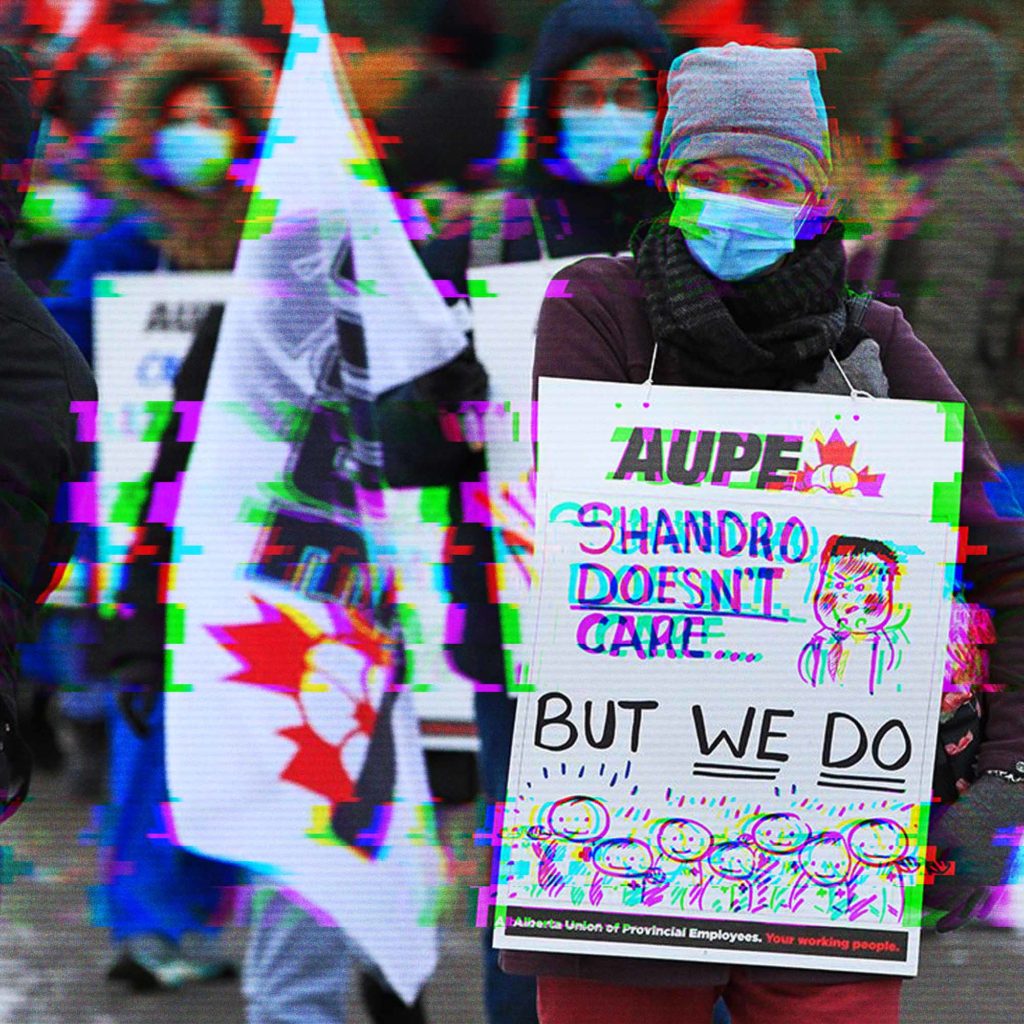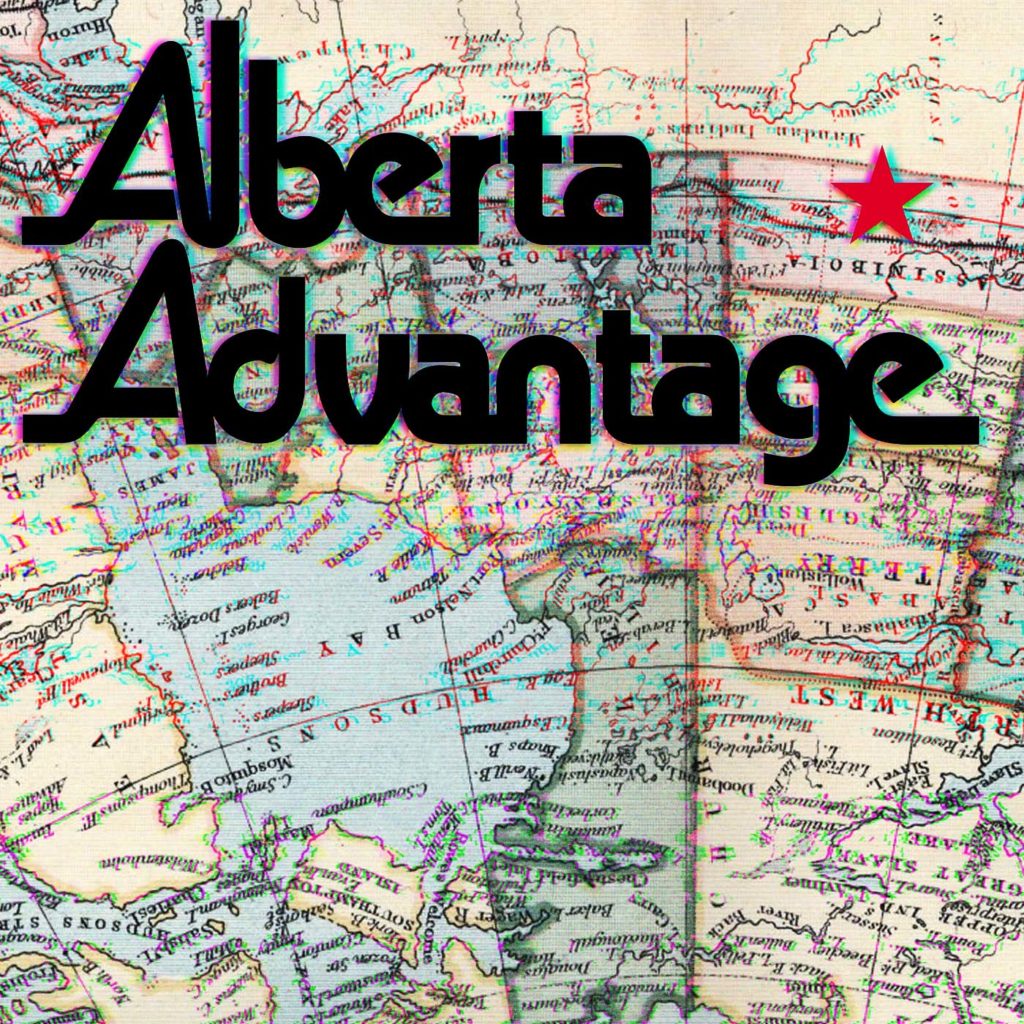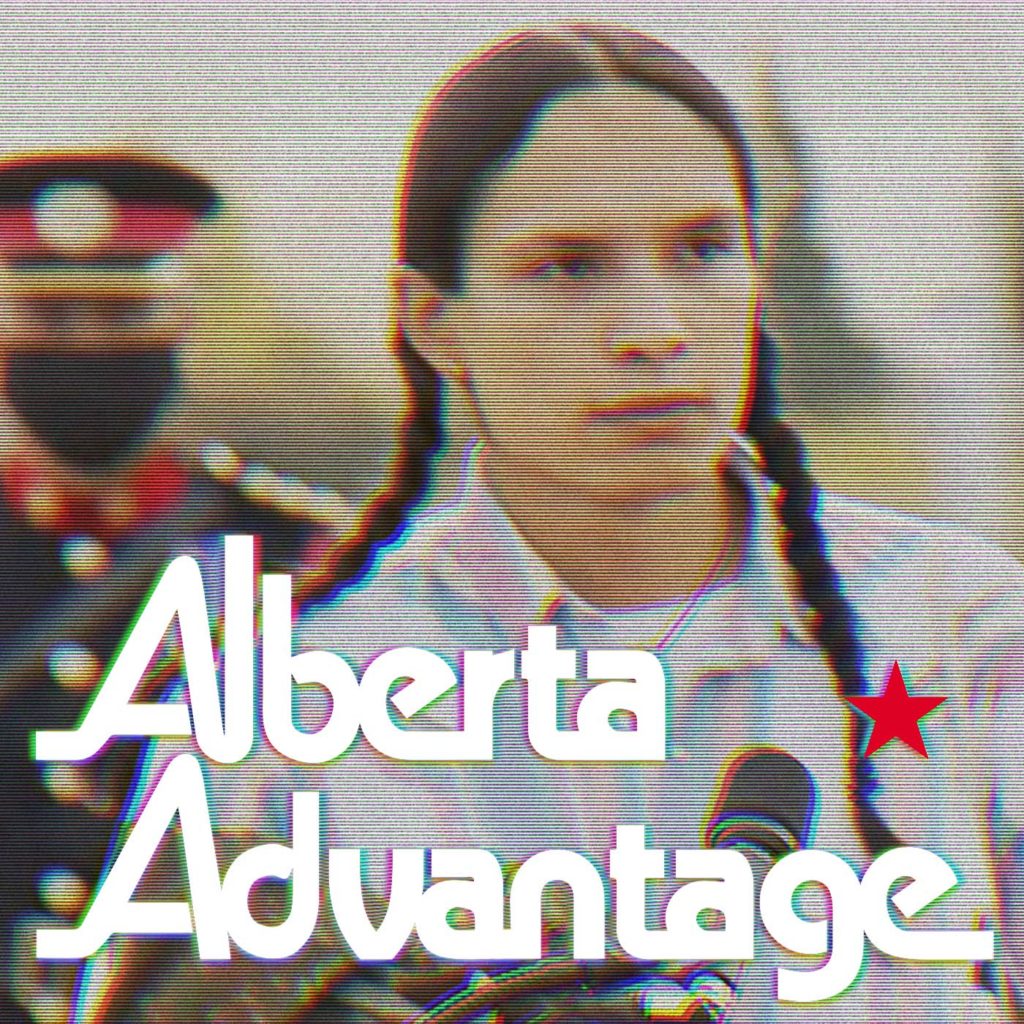
What happens when a government adopts the Fraser Institute’s policies wholesale, pushing cutbacks, austerity and a rollback of rights? How does labour leadership respond to widespread discontent with a government— and how does it act to contain this discontent? Team Advantage explores Operation Solidarity, one of the largest political protests in British Columbia’s history.
Historical audio clips are sourced from Common Cause: The Story of the Operation Solidarity Coalition.
Further reading:
Bryan Palmer – Solidarity: The Rise and Fall of an Opposition in British Columbia (1987) (see also Ch. 7 of Palmer’s Marxism and Historical Practice Vol. 1, “British Columbia’s Solidarity: Reformism and the Fight against the Right”)
Thom Quine – How Operation Solidarity Became Operation Soldout (International Socialists, 1985)
William Carroll and R.S. Ratner – Social Democracy, Neo-Conservatism and Hegemonic Crisis in British Columbia (1989)
Leo Panitch and Donald Swartz – Towards Permanent Exceptionalism: Coercion and Consent in Canadian Industrial Relations (1984)
Rod Mickleburgh – On the Line: A History of the British Columbia Labour Movement, Chapter 18: Operation Solidarity. (2018)
Rod Mickleburgh – 1983: The Year BC Citizens and Workers Fought Back (The Tyee, 2018)
Stanley Tromp – The RCMP Thought Solidarity Was a Communist Plot (The Tyee, 2018)
Digital Museums Canada – Solidarity: The Largest Political Protest in British Columbia’s History (timeline, photos, clips and interviews)
A full transcript follows the break.









